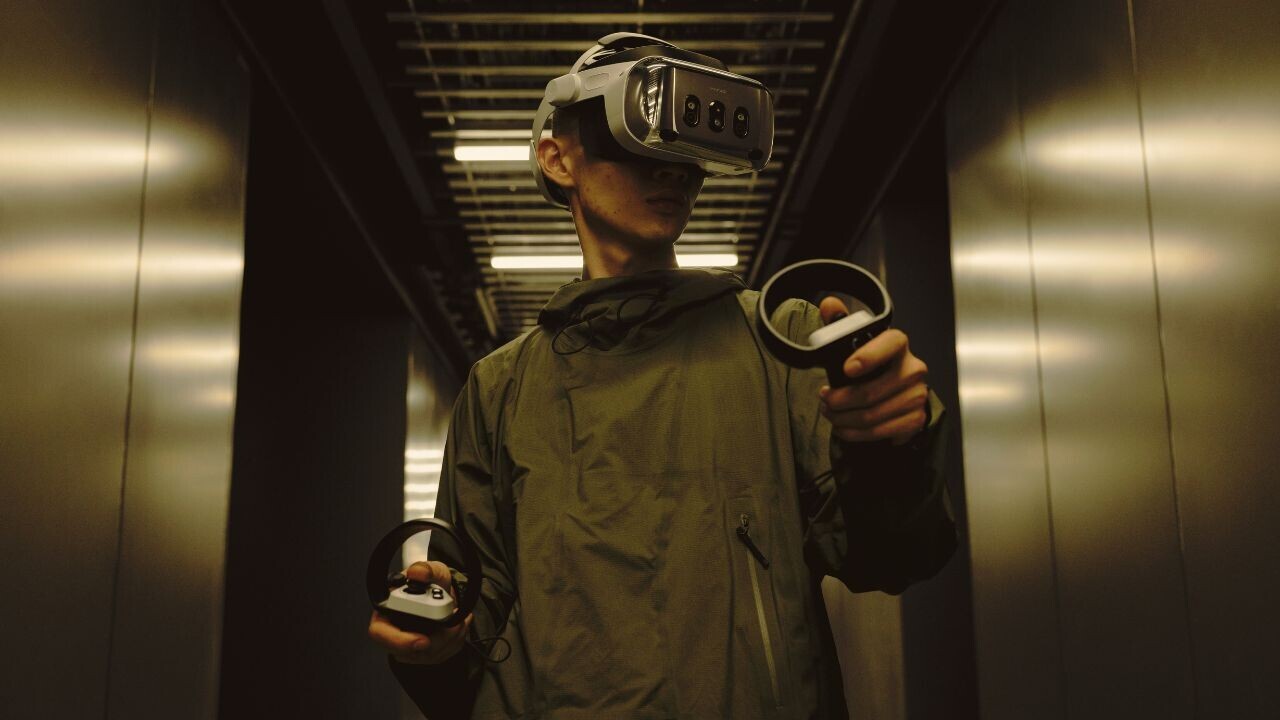
Finnish startup Varjo has unveiled a new XR headset range that promises mixed reality that’s “indistinguishable from natural sight.”
Named the XR-4 series, the devices merge several features that mimic the function of the human eye. They include high-resolution displays, advanced LiDAR depth sensors, foveated capture streams, and camera sensors.
Varjo (pronounced “var-yo”) is squarely targeting the tech at enterprise customers. The company says its products are already used by over 25% of Fortune 100 businesses, as well as various government agencies.
Their applications range from pilot training and warfare simulations to architectural design and behavioural research. The automotive sector has been a particularly enthusiastic adopter. According to Varjo, 15 of the 20 largest carmakers in the world have used its systems to build and sell their vehicles.
All these use cases require an extremely high level of visual fidelity. To meet these needs, Varjo has ramped up the specs for the XR-4 series.
The headset is now comprised of dual 4K x 4K displays with a resolution of 51 pixels per degree. Its field of view is over 50% wider than in the previous-generation devices, while the display brightness has doubled.
“These are the highest resolution VR displays in the world, with 28 million pixels across both eyes,” Patrick Wyatt, Chief Product Officer of Varjo, told TNW.

The Helsinki-based startup has also added several new features. Arguably the most eye-catching addition is a gaze-directed auto-focus camera system that replicates human vision. This enhances the headset’s video pass-through, which digitises the world in real time. Varjo says it’s the first company to bring this feature to the market.
The new pass-through combines eye-tracking and LiDAR to precisely measure what the user is watching. The cameras then instantly adjust the focus.
This technique was developed for users who need to seamlessly blend the real world in the foreground with VR in the background — such as pilots reading dials in cockpits.
“We’re doing exactly what you do when you look at things,” Wyatt said. “That’s what gets you this intense foreground passthrough experience.”
It could also give Varjo a new edge over its XR competitors. By bringing video passthrough content in mixed reality to the same level as VR content, the company can set a new milestone for digitised interactions with real-world objects.

Another notable development is the XR-4’s supporting equipment. To use Varjo’s previous headset, the XR-3, you needed several third-party technologies, including your own base stations and controllers. The new devices have removed these requirements to create a more complete package.
Base stations can now be ditched for inside-out tracking, which determines the user’s position in relation to the surrounding environment. The XR-3 also has its own haptic controllers, powered by Razer, as well as integrated noise-cancelling audio, which eliminates the need for separate headphones
TNW has yet to test the updates, but we’ve been impressed with our previous experience with Varjo. When we tried the XR-3 earlier this year, it was comfortably the most immersive headset we’d ever used — and it had a price tag to match. For the new devices, however, Varjo is offering a more affordable version.
While the XR-3 had a base price of €6,495, the XR-4 starts at $3,990 — although you’ll need the pricier Focal Edition for that autofocus passthrough. You can find full details on the headsets at Varjo’s website. All the devices are now available for enterprise orders, with the first shipments starting in December.
The products arrive in a transitional phase for the wider industry.
While the metaverse hype has faded, the impending launch of Apple’s Vision Pro is sparking fresh excitement. Varjo expects the tech giant’s entry to spur progress across the entire sector.
For Wyatt, the next objective is surpassing natural sight. “Once you’ve reached human eye vision quality, better than human eyes is what’s next,” he said.
Get the TNW newsletter
Get the most important tech news in your inbox each week.




